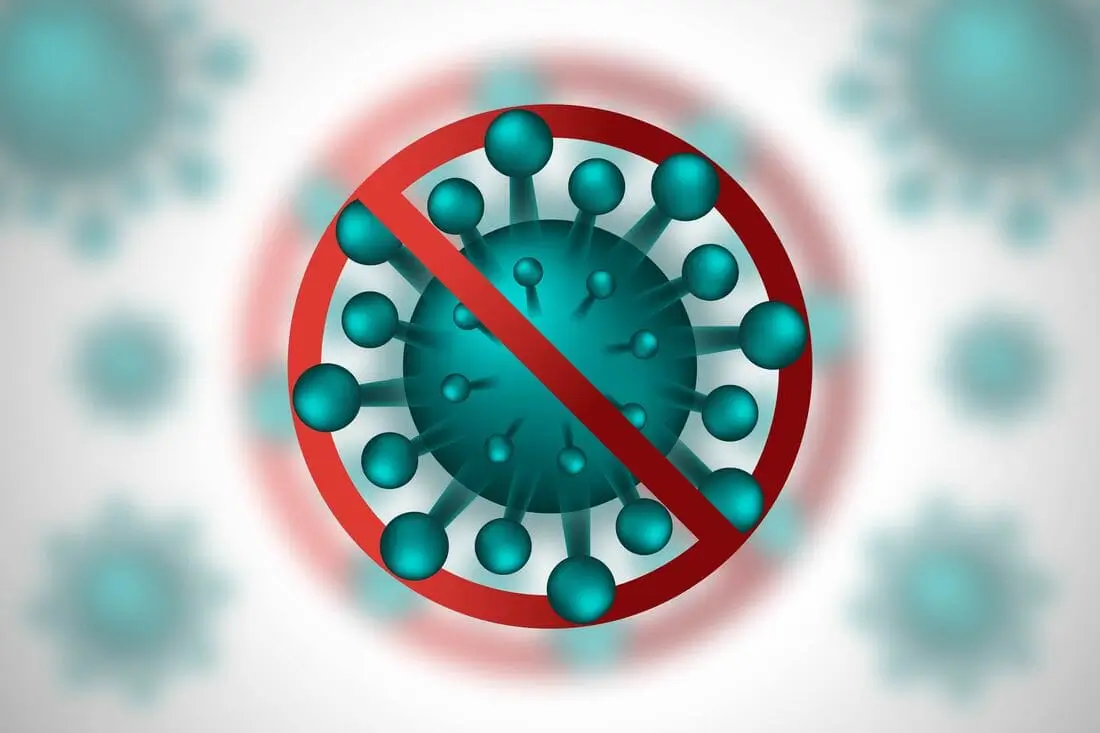- info@abiscans.com
- Coimbatore | Tiruppur | Pollachi | Palladam | Kochi
What is a Kidney Function Test?

Introduction
Your kidneys play a crucial role in keeping your body healthy by filtering waste, balancing fluids, and regulating electrolytes. If your kidneys aren’t functioning properly, it can lead to severe health issues, including kidney disease and high blood pressure. A kidney function test (KFT) helps assess how well your kidneys are working and detect any underlying conditions.
Table of Contents
ToggleWhy Are Kidney Function Tests Important?
Kidney function tests help in early detection of kidney diseases, which often do not show symptoms in their initial stages. These tests are crucial for individuals at high risk, including:
- People with diabetes or high blood pressure
- Those with a family history of kidney disease
- Individuals taking medications that may affect kidney function
- Patients with urinary tract infections or kidney stones
Regular kidney function tests can help diagnose problems early, allowing for timely intervention and management.
Types of Kidney Function Tests
There are several tests used to evaluate kidney health. Some measure how effectively your kidneys filter waste, while others assess protein and electrolyte levels.
Blood Tests for Kidney Function
Serum Creatinine Test
Creatinine is a waste product generated by muscle metabolism. The kidneys filter it out of the blood and remove it through urine. High levels of creatinine in the blood may indicate impaired kidney function.
Blood Urea Nitrogen (BUN) Test
BUN measures the amount of nitrogen in the blood from urea, another waste product excreted by the kidneys. High BUN levels may signal kidney dysfunction or dehydration.
Glomerular Filtration Rate (GFR) Test
The GFR estimates how efficiently the kidneys are filtering waste from the blood. A lower GFR value indicates decreased kidney function, which can be an early sign of kidney disease.
Urine Tests for Kidney Function
Urinalysis
A basic urine test checks for abnormalities such as protein, blood, or bacteria, which may indicate kidney disease, infections, or other conditions.
Creatinine Clearance Test
This test measures how well your kidneys filter creatinine from the blood over 24 hours. It requires collecting all urine over a full day to compare it with blood creatinine levels. Learn more about the Creatinine Clearance Test.
Albumin-to-Creatinine Ratio (ACR) Test
This test measures the amount of albumin (a type of protein) in your urine. The presence of excess protein in urine (proteinuria) may indicate kidney damage.
Urine Test for Infections
A urine test can also help detect infections that may affect kidney function. Bacteria, white blood cells, or other abnormalities in the urine can signal a urinary tract infection (UTI) or kidney infection. Read more about urine test detection.
Imaging Tests for Kidney Health
CT KUB Scan
A CT KUB (Kidneys, Ureters, and Bladder) scan is an imaging test that helps detect kidney stones, tumors, or structural abnormalities affecting the urinary system. It provides a detailed view of the kidneys and their function. Find out more about the CT KUB Scan.
Ultrasound
A kidney ultrasound can detect cysts, stones, or obstructions affecting kidney function.
MRI and Doppler Scans
These imaging techniques provide more detailed assessments of kidney blood flow and structure.
How is a Kidney Function Test Performed?
The process depends on the type of test you are undergoing:
- Blood Tests: A healthcare professional draws a small blood sample from your arm.
- Urine Tests: You may need to provide a single urine sample or collect urine over 24 hours.
- Imaging Tests: You may undergo a CT scan, ultrasound, or MRI to assess kidney structure and function.
Most tests are simple and non-invasive, though a 24-hour urine collection requires careful adherence to instructions.
Understanding Your Kidney Test Results
Your doctor will analyze your kidney function test results to determine if further evaluation or treatment is needed. Here’s what different results could indicate:
- Normal Results: Indicate your kidneys are functioning properly.
- Elevated Creatinine or BUN Levels: May signal kidney impairment, dehydration, or excessive protein intake.
- Low GFR: Suggests reduced kidney function and potential kidney disease.
- Protein in Urine: May indicate kidney damage or a condition such as diabetes or hypertension.
- Abnormal Imaging Findings: Could suggest structural issues like kidney stones, cysts, or tumors.
If any of your results are abnormal, your doctor may recommend additional tests or lifestyle changes to protect kidney health.
How to Maintain Healthy Kidneys?
- Preventing kidney disease is possible with healthy lifestyle choices, such as:
- Staying Hydrated: Drink plenty of water to support kidney filtration.
- Eating a Balanced Diet: Reduce sodium, processed foods, and high-protein diets that can stress the kidneys.
- Managing Blood Pressure and Blood Sugar: Keep these levels in check to protect kidney function.
- Avoiding Excessive Medications: Some painkillers and over-the-counter drugs can harm kidney health if used frequently.
- Regular Check-ups: Get routine kidney function tests, especially if you’re at risk.
When Should You See a Doctor?
If you experience any of the following symptoms, consult a healthcare professional for a kidney function test:
- Frequent urination or difficulty urinating
- Swelling in legs, ankles, or around the eyes
- Fatigue or weakness
- Blood in urine
- Persistent back pain near the kidney area
- High blood pressure
Early diagnosis and treatment can prevent further complications and help maintain kidney function.
Conclusion
Kidney function tests are essential for diagnosing and monitoring kidney health. Whether through blood, urine, or imaging tests, these assessments help detect kidney diseases early, ensuring timely treatment. If you are at risk or experiencing symptoms, consult your doctor for a kidney function test.
Regular testing, combined with a healthy lifestyle, can help protect your kidneys and improve your overall well-being.
Recent Posts
Keep Your Haemoglobin Levels in Check
Exploring the Types of Blood Sugar Tests for Diabetes
November 3, 2025
H3N2 Virus (Influenza A): Symptoms, Diagnosis, Treatment and Spread
October 8, 2025
Have Any Questions?
There is no Better Time than Now, Feel Free to contact us Today.
Categories
Exploring the Types of Blood Sugar Tests for Diabetes
Exploring the Types of Blood Sugar Tests for Diabetes Summary:Blood sugar testing is
H3N2 Virus (Influenza A): Symptoms, Diagnosis, Treatment and Spread
H3N2 Virus (Influenza A): Symptoms, Diagnosis, Treatment and Spread SummaryThe H3N2 virus, a
Importance of Regular Health Check-Ups for Healthy Life
Importance of Regular Health Check-Ups for Healthy Life SummaryRegular health checkups are vital




